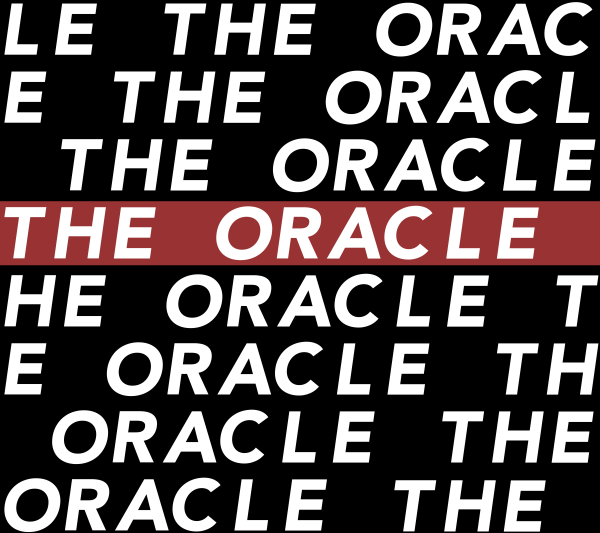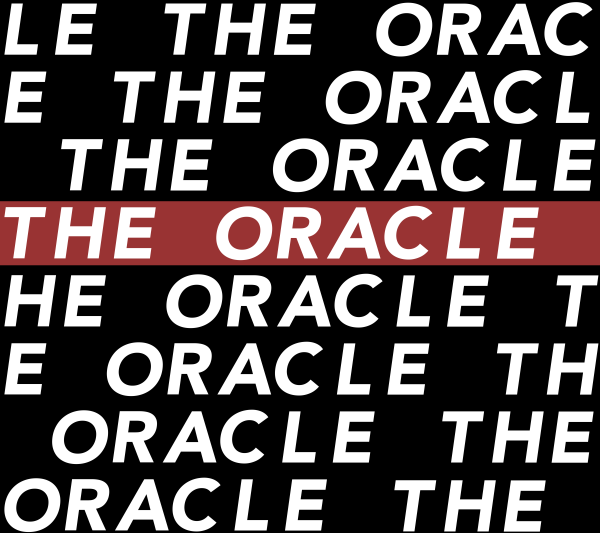Does “Black Thursday” violate Thanksgiving tradition?
Emergence of anti-Black Thursday campaigners begins on social media.
November 26, 2014
Each year around this time, millions of Americans are preparing for the upcoming holiday season. While it is supposed to be a time of reflection, giving, and thankfulness, Thanksgiving has morphed and brought with it a whole new term: Black Friday. The tradition of Black Friday shopping began naturally, something that occurred because customers simply wanted to get a jump start on the Christmas season now that Thanksgiving was over. According to the website blackfriday.com, “black” was an accounting term coined when profits were high.
As time progressed, so did the craze of shopping. Stores offered unbeatable prices and discounts for their customers, amping up the interest in getting shopping done on this one day. Since 2006, there is a death count of seven with over 90 injuries as the result of some Black Friday shopping mishap or misunderstanding. In more recent years, stores have taken more measures to prevent these incidents from happening, such as barriers and ample amounts of security. Most customers are not deterred by the risks that have become associated with the day, and neither are the stores. In fact, each year, certain stores open earlier and earlier to appease the crowds. In just the last three or four years many began opening their doors on the night of Thanksgiving.
This year, some people thought that things had gone too far. While there are several different social media networks and groups, Boycott Black Thursday, a Facebook group with close to 100,000 followers is taking a very interesting route. Their mission is not to stop people from shopping during this time; it is to encourage shoppers to make informed decisions on where they choose to spend their money. In their most recent post, they stated: “This holiday season, you’ll undoubtedly do a lot of shopping. And that’s great! Whether it’s crafts, clothing, toys, appliances or electronics, you always have a choice in supporting a Black Friday business or a Black Thursday business.” Boycott Black Thursday, along with many other similar campaigns ask that Americans restrict themselves from shopping at stores that don’t allow their employees and their families their one national day off. Stores such as Target and Kmart require all of their employees to be present at some point during the holiday weekend, restricting them from time spent with their families.
To follow the ongoing debate or see a list of stores who support Black Friday shopping only, see Boycott Black Friday on Facebook.





